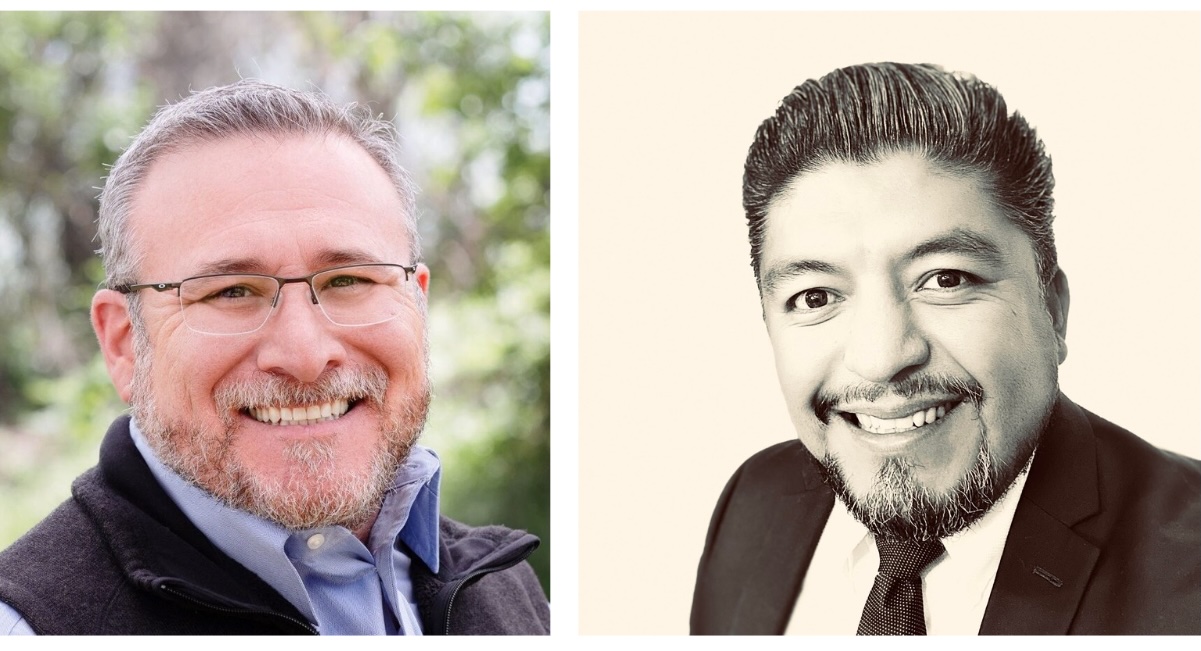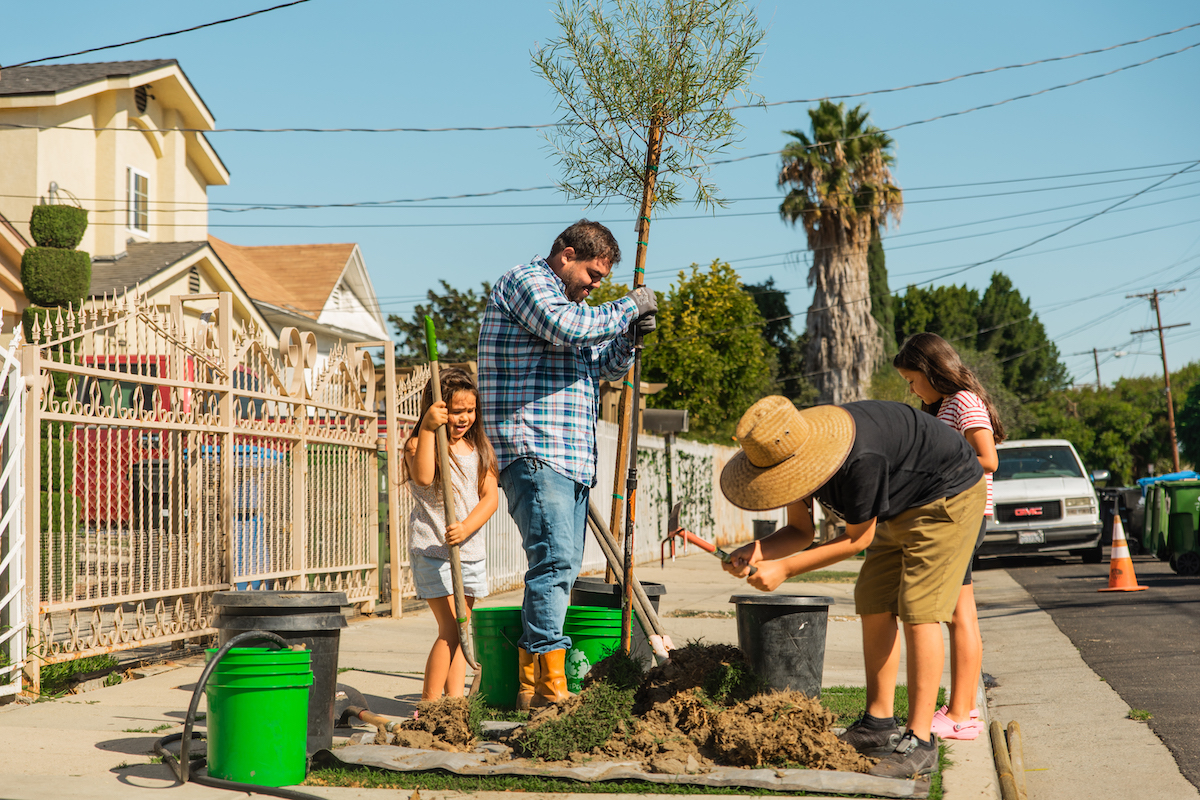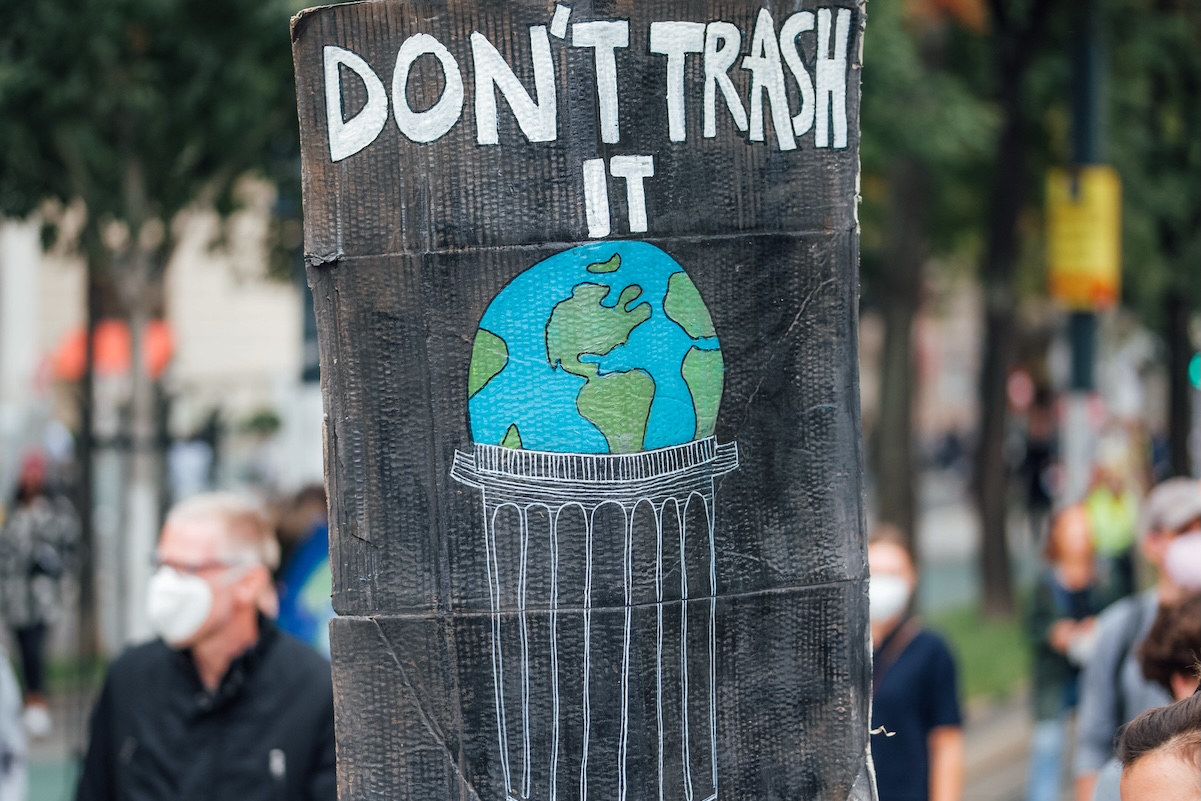Image via Flickr
For a long time, there was a myth that Latinos didn’t care much about the environment because their focus was on “meat-and-potato” issues: the economy, health care, and education.
But public opinion surveys and anecdotal evidence beg to differ.
“We don’t name being a conservationist with that label, but that is just who we are; it’s in our DNA, in our blood,” maintains Alfredo Gonzalez with the non-profit Resources Legacy Fund.
“Poll after poll and decade after decade, Latinos continue to lead on this question about protecting the environment,” adds Juan Altamirano with the Trust for Public Land. “And more importantly, those polls say we are willing to pay for it.”
A 2021 poll by Pew Research Center found that eight in ten U.S. Hispanics (81%) say addressing global climate change is either a top concern or one of several important concerns to them personally, with 39% saying it is a top personal concern. About 71% of Latinos in the same survey indicate climate change affects their local communities.

UnidosUS, one of the leading Latino civil rights organizations in the country, points out that Latinos and other communities of color face heightened risk of climate-related events like extreme heat and experience disproportionate levels of methane and gas emissions, and natural disasters.
Gonzalez and Altamirano hope that focusing on underserved communities — Latinos being the largest such in California — will help them pass a ground-breaking initiative on the November 5 ballot: Proposition 4, also called the Californians for Safe Drinking Water and Wildfire Prevention bond.
They are the first Latinos to lead a campaign for a large California bond initiative, and the pair say they hope that makes a difference in persuading this sizable voting bloc to turn out in numbers.
A focus on underserved communities
Proposition 4 will provide $10 billion to prepare the state for the effects of climate change. The largest chunk, nearly $4 billion, will ensure safe, reliable drinking water through critical water investments, with $611 million of that amount directly benefiting underserved communities.
“This is not theoretical for us; it’s not an academic study; it’s lived experience; we understand what our communities need,” said Gonzalez, who, alongside Altamirano and several Latino legislators, helped draft the language of the initiative.
According to Gonzalez, 40% of all Prop 4 funds will be earmarked for underserved and vulnerable communities, a carveout that would not have happened 15 or 20 years ago.
“There are communities, primarily in the Southern San Joaquin and the Central Valley, that don’t have access to clean water,” he said. “In California, over a million residents cannot turn on their taps and drink the water or bathe in it.”
Another $2 billion will address wildfire and wildfire prevention, including technology for fire detection and forest thinning, as well as forest health, while $400 million will go to support communities confronting extreme heat as well as urban greening, parks and park access.
The proposition will also invest in sustainable agriculture and protect farm workers and small farmers.
Expanding green spaces, tackling pollution
Assemblymember Eduardo Garcia, from California’s 36th Assembly District — which includes communities in Coachella and Imperial Valley, as well as Riverside and San Bernardino counties — helped lead the charge to put the initiative on the ballot, which he says took five years to achieve.
Aside from water investments and fire prevention, Garcia also highlighted programs supported under Prop 4 aimed at greening inland parts of the state. “I know we talk about the coast a lot,” he said, “but inland California has a tremendous need for green space.”
Portions of Prop 4 funding would go toward greening communities in California’s interior and expanding access to such spaces “particularly for those Californians in large Latino communities throughout the state,” explains Garcia.
Other initiatives include supporting the transition to renewable energy at major ports in the state, which would alleviate the pollution currently impacting port-adjacent communities, as well as funding for conservancies and other organizations “that are doing the work, buying the land, preserving the land, and creating access to some of these areas that are hard to reach for poor people in California,” says Garcia.
“There are some in our communities who live 30 minutes from the beach and have never seen it,” added Garcia, recalling how his own family never visited Joshua Tree National Park despite living just an hour away. Part of Prop 4’s goal, he says, is to create “access points for young people in those communities to become the next generation of environmentalists.”

Protecting people and places
For Garcia, as well as Gonzalez and Altamirano, climate leadership from California communities of color — including Latinos — has been crucial in pushing for significant investments targeting the impacts of climate change on their communities and not just focusing on the preservation of wild spaces.
“I think these bonds have historically and traditionally been about how we create resources to invest in protecting and restoring places, which are separate from people,” said Altamirano. “And we have been working to change that and to focus on not just protecting national parks, but on urban greening, drinking water, etc.”
Over the past decade, Latino representation in the California legislature has grown, with nearly a third of all legislators in the state now being Latino. For Garcia, that shift presented an opportunity to push for a greater focus on equity in climate policy, starting with an effort to pass legislation to establish emission reduction mandates and create a policy framework that prioritized investments in communities impacted by pollution.
In 2017, Garcia authored the Community Air Protection program.
Other climate wins include Proposition 84, passed in 2006, which helped fund construction of parks in park-poor communities and revitalize urban rivers in poor neighborhoods. Proposition 68, passed in 2018, had similar climate equity investments.
The current initiative is the largest and most far-reaching, with more set-asides for communities of color, the result of pressure from representatives and activists. “Every successive bond has had much more equity and justice built in,” notes Gonzalez.
Assemblymember Garcia says that Latinos are California’s natural leaders for the future and, as such, must lead on climate issues.
“We are growing as a population and assuming important roles and responsibilities in society. It is extremely important that the voice of the Latino community be part of this strategy and this effort.”













